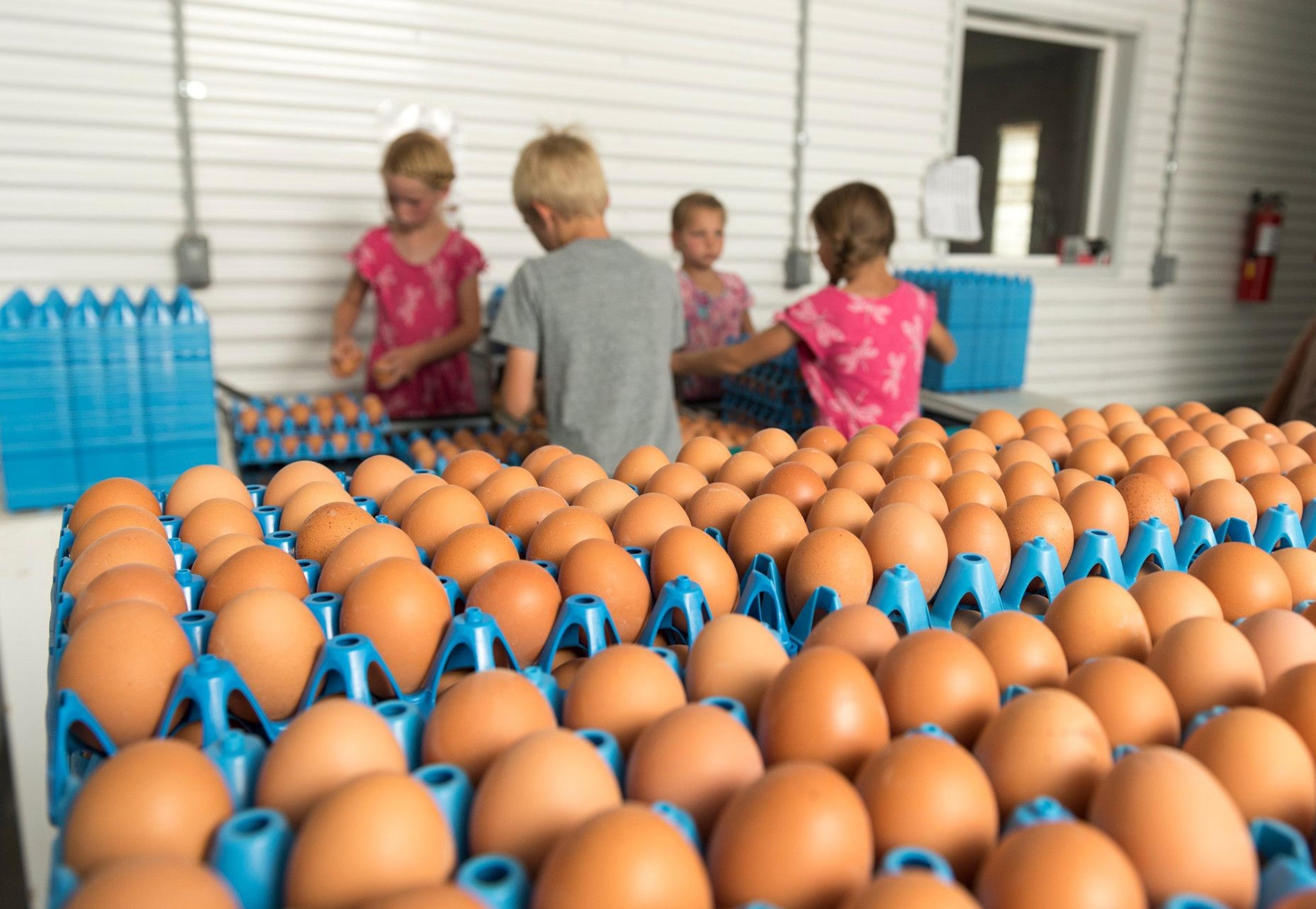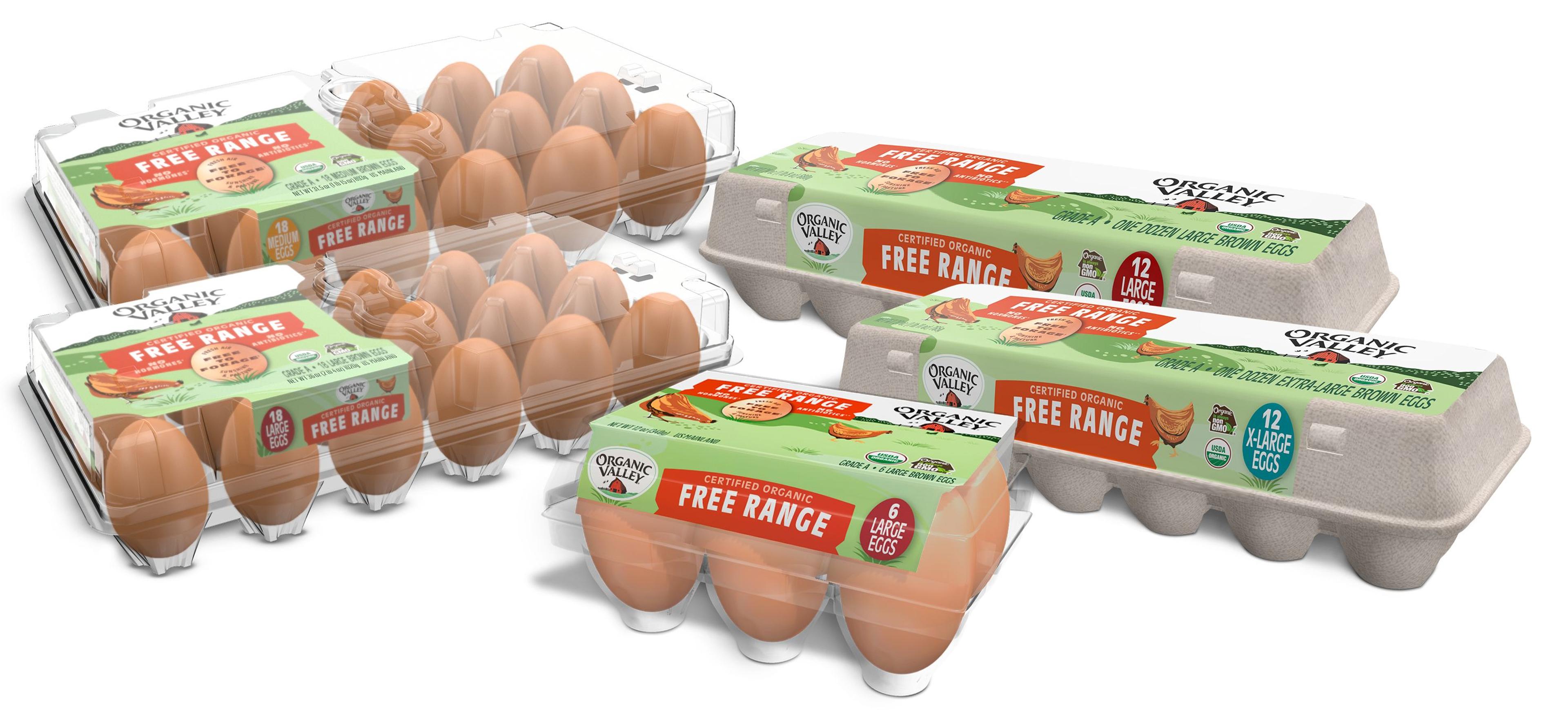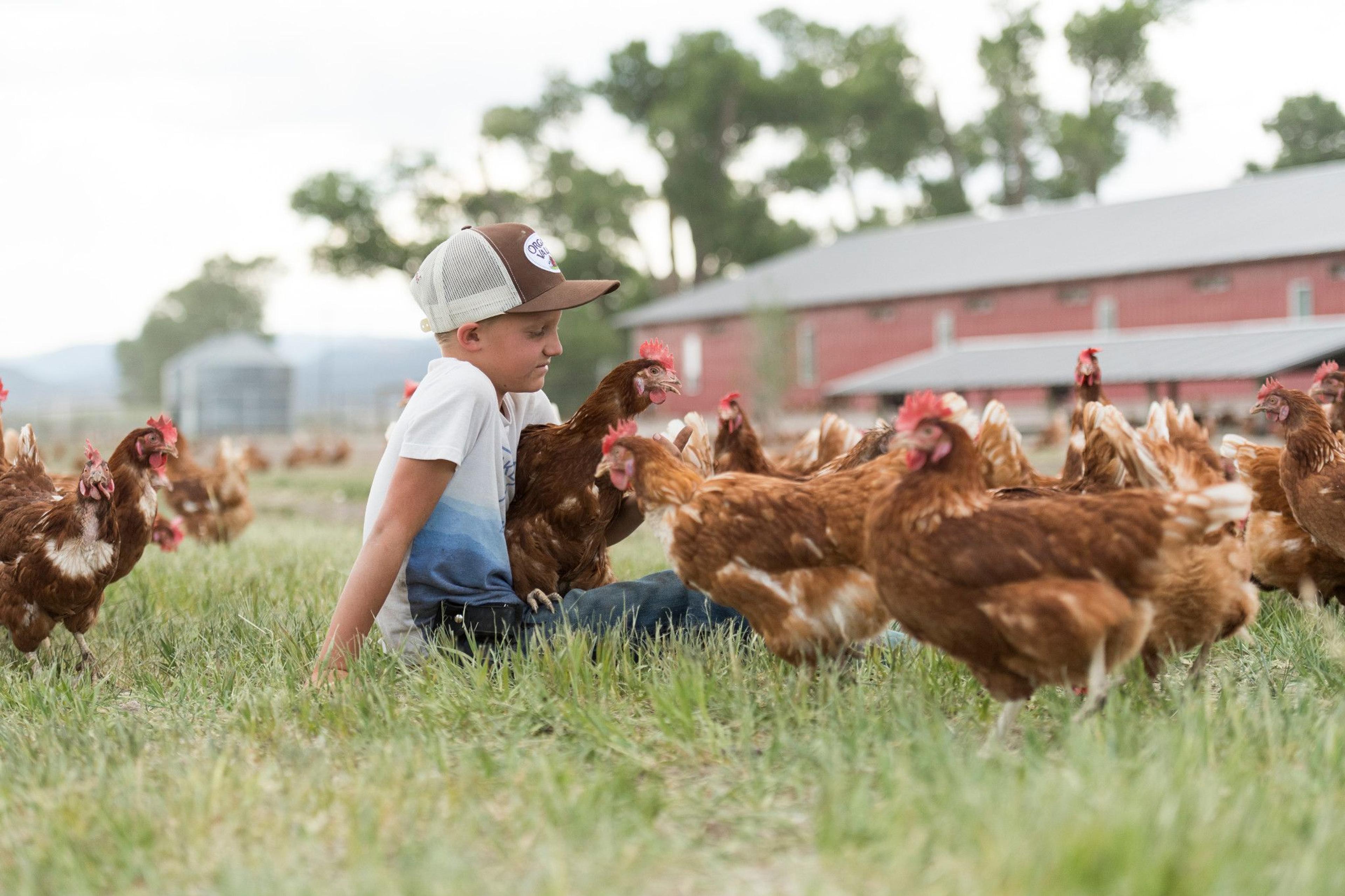
Food
All Things Eggs on National Egg Day
Eggs are simple. They are a staple in many diets; you pull them out and within minutes you can have a warm, tasty breakfast—but you don’t need to limit them to morning. And the vitamins and minerals packed in eggs, oh my! Eggs are one of the most nutrient-dense foods out there and the benefits of eating eggs are amazing.
On National Egg Day, June 3, Organic Valley thought it would be fun to highlight a few interesting facts that may not have crossed your mind about one of our favorite foods, eggs.
How long are eggs good for?
Because eggs in the United States are washed and refrigerated, they have a shelf life of about 45 days, which is longer than unwashed eggs found in other countries, which have a shelf life of about 21 days. Too many eggs in your refrigerator? Freeze them! That’s right—just crack them out of the shell and store in an airtight container until you’re ready to consume them, up to one year.
Why are chicken eggs different colors?
The most common color of eggs found in American grocery stores are white and brown, but these beautiful birds can lay eggs in a rainbow of hues. More importantly, the color of the egg is not an indicator of quality or nutrition. Chicken eggs can come in a variety of colors, including peach, blue, green, yellow, speckled, and more. The color of the egg depends on the breed of chicken because different chickens release different color pigments when the egg moves through a chicken's body before being laid.

Why are eggs refrigerated in the United States but not in some other countries?
In the U.S., eggs are washed before being sold to prevent the spread of salmonella. The washing process removes a protective outer cuticle on the shell so they must then be refrigerated. Overseas in countries like Great Britain and France, eggs can often be found unrefrigerated in the grocery aisles. These countries do not wash their eggs because they believe the protective cuticle reduces exposure to salmonella, and therefore, they do not need to be refrigerated. It's essentially two different processes to achieve the same thing: lowered risk of salmonella exposure.
What does an egg’s yolk color mean?
The bright sunshine center provides a pop of color every time you crack open an egg. Some people believe the deeper the color, the higher the nutrient value, but that’s not the case; no matter the color, the nutrition is the same. The yolk color primarily comes from the pigments in the hen's food. The more yellow-orange pigments consumed—called xanthophylls, found widely in nature—the darker the yolk. Yolk color can vary seasonally if hens spend more time outdoors in warmer months eating seeds, grasses, and bugs in addition to their regular diet.
Do natural and organic mean the same thing?
“Natural” is a term you often read on food packages, but this word can be broadly interpreted and is not well-regulated by the government or any other entities. In contrast, the term “organic” is strictly regulated by the U.S. Department of Agriculture. When you buy certified organic eggs—like all of the eggs from Organic Valley—you are getting eggs from hens that eat organic feed and are not kept in cages. The hens’ feed does not contain animal byproducts, or synthetic fertilizers or pesticides.

Curious chickens on the Toews farm in Colorado. ©David Nevala for Organic Valley.
What's the difference between cage-free and free-range?
Many people buy organic in part to support humane animal care, but it's important to know organic eggs don't necessarily come from hens openly grazing in fields. Cage-free means that no cages are used, but those hens could live in crowded indoor spaces. Free-range means the hens are not caged and roam some of the time outdoors; however, keep in mind the term is not USDA regulated so exact meaning can differ by brand.
What does Free to Forage® mean?
Free to Forage is how Organic Valley describes important aspects of the egg production standards used by its farmers when caring for their flocks. In an effort to enable laying hens to exhibit natural behaviors, Organic Valley requires that all birds have access to fresh air, sunshine, and organic pasture (weather permitting), and an outdoor space that is free of toxic pesticides, herbicides, and GMO plants.
Organic Valley farmers enjoy watching their chickens socialize, peck for insects, dust bathe (which is a fancy way of saying roll around in dirt), be social, and live simply. Of course, they also love the taste of eggs from organic chickens that live as chickens should—naturally.
We hope you took away some interesting facts from the above but if you want to know more about eggs, click here!
Related Articles
- Tags:
- food labeling,
- high quality products

















